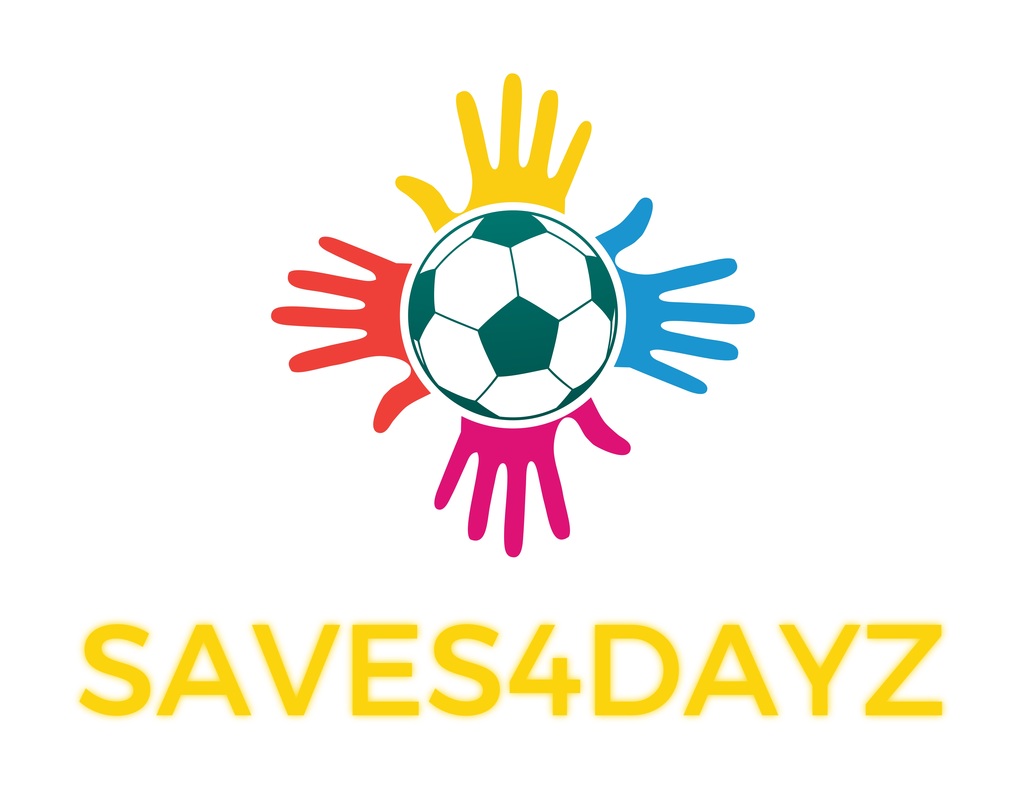Coaching Goalkeepers — With Ashley Magruda
“It is about them. I had my moments between the pipes. Now it is their turn, and I want them to be as prepared and successful as possible.”
We welcome our new contributor Ashley Magruda is Assistant Women’s Soccer Coach at Duquesne Athletics and also coaches at Beadling S.C. — Magruda also has her own goalkeeping training and camp program, Saves4Dayz.
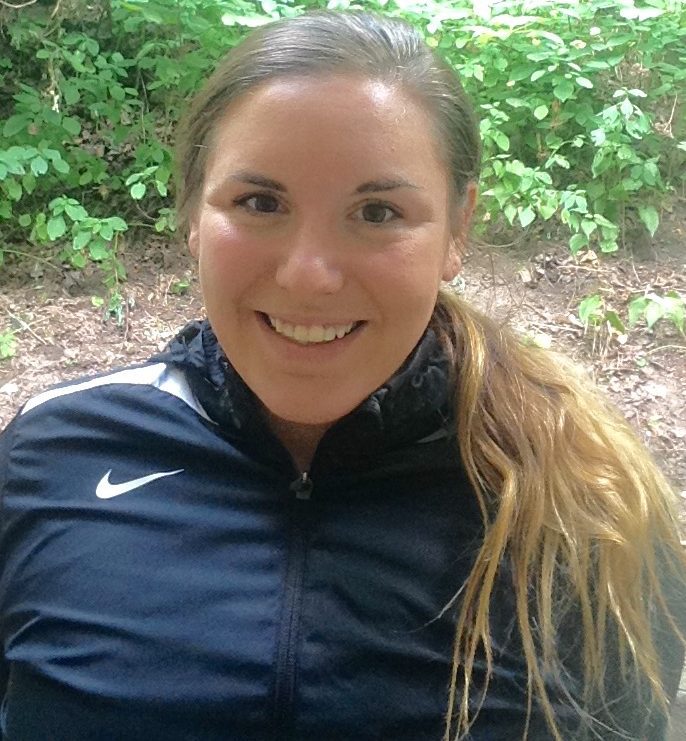
Magruda
Soccer News: When I originally started on my journey into college, I wanted to be an art teacher.
My art classes varied from sketching small pictures with charcoal to making sculptures towering above my own height. Art school did not have final deadlines. If you needed more time and the professor could clearly see you were putting in work — you continued on your art piece until it was just right.
Maybe it was missing a little color here or some extra depth in the corners to make it exceptional, but regardless — you kept going until it was done. And when it was done, I remember looking at some of my art and thinking…
That’s just what it needed.
Sometimes I would come to this realization within hours and other times it took weeks, but all that mattered — in the end of the day — is that I finished the piece and it was something that I was proud of. It was finite.
Fast Forward Eight Years
Soccer is never finite, except maybe the minutes played.
These days, my hands are covered by my goalkeeper gloves rather than lathered in paint, and I feel so lucky to get to do what I love day in and out. I am fortunate to have the opportunity to be coaching at the NCAA D1 level but also get to work with athletes and goalkeepers of all ages.
I am now a full-time soccer coach, and I absolutely love my job.
My favorite age to work with is the 13 to 18-year-old goalkeepers.
They absorb everything you say like a sponge.
And, I feel that those were the most crucial years in my path of becoming a successful goalkeeper.
I recently have been working with club teams — specifically goalkeepers. The training consists of privates to small groups, and I also work with the goalkeepers amidst team training.
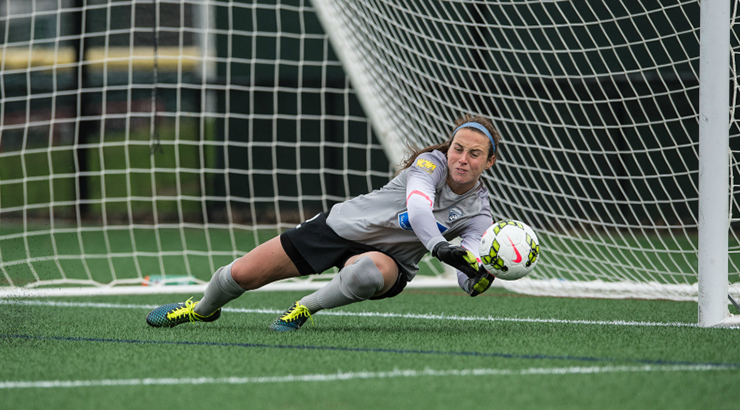
While working with a 14-year-old freshman goalkeeper, I was very bothered by the prior training she had received. We were doing a small drill of footwork and handling, which led into simple collapse dives — all was going very well.
As I coach, I can’t help but to put myself in a player’s shoes. I will never scold a goalkeeper for an error that I could have made myself.
I always push them out of their comfort zone and expect very high standards, but never will dwindle their confidence because errors.
While training a youth goalkeeper, I instructed her to do a certain technique and asked
Why are you doing what I am telling you?
She looked at me stunned as if she had never heard that question before, and I truly believe that for one of the first times in her goalkeeper training she had a voice. She stuttered….“Uh, because that is what they tell me to do.”
I had to chuckle because that is not the first time I had heard that answer from a player, yet that response really hits a nerve with me.
I told her why she was diving forward to cut down the angle.
I explained that by cutting down angles it makes herself appear bigger and the net behind her seem much smaller to the attacker. We then continued with the drill and in the next activity she felt comfortable enough to ask me why she was doing something that didn’t make much sense to her.
I gave her a high five and told her never lose that confidence.
I assured her that the position only gets harder, but if you can mentally get through the highs and lows of being a keeper, she will be awesome in years to come.
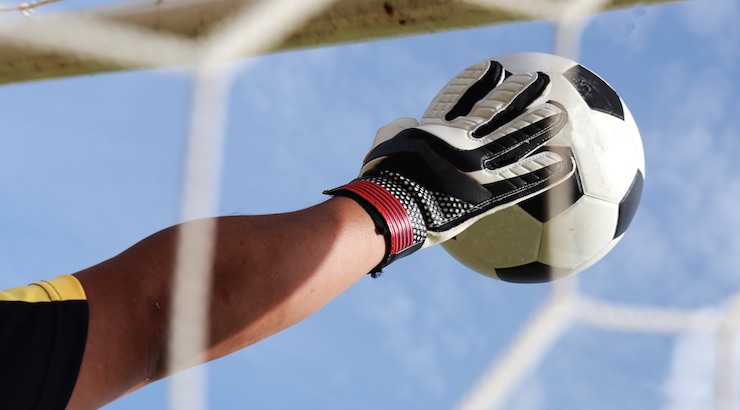
As the training continued, I was fixing small technical errors that helped take her from making good saves to making great saves.
The difference between a goal and a save is often that single step or outstretched fingertip or small details that make a huge difference. As I gave her a water break, she said to me, “No one has ever told me to do that before.”
I responded with, “Well now you know, and I hope it helps!”
Many goalkeeper coaches that I work with are coaching on how they were trained. This is a mistake that I made when I was a very early coach. Once I started coaching larger groups or more advanced keepers, I realized I had to adjust to their needs.
At the end of the day — it is about them. I had my moments between the pipes. Now it is their turn, and I want them to be as prepared and successful as possible.
Let’s pretend you are a successful 6-foot, 4-inch male goalkeeper and are assigned to coach a group of 13-year-old females. You are coaching them on the logistics of high balls and everything that goes along with it. Being that you are 6′ 4″, you have a much easier time getting through traffic and dealing with crosses than — let’s say, someone like myself maxing out at a whopping 5′ 4″. If that coach were to train those players on the technique of collecting high balls as he carries out the save, those kids most likely will be getting chipped or not finding much success.
At 6′ 4″, you can bomb out through traffic, be a bit high off your line or maybe too deep, and still make the save. At 5′ 4″, it’s all about timing and footwork. I must have near perfect timing if I am making the bold attempt to come out through traffic and hurl myself into a chaotic box with many players being taller than me.
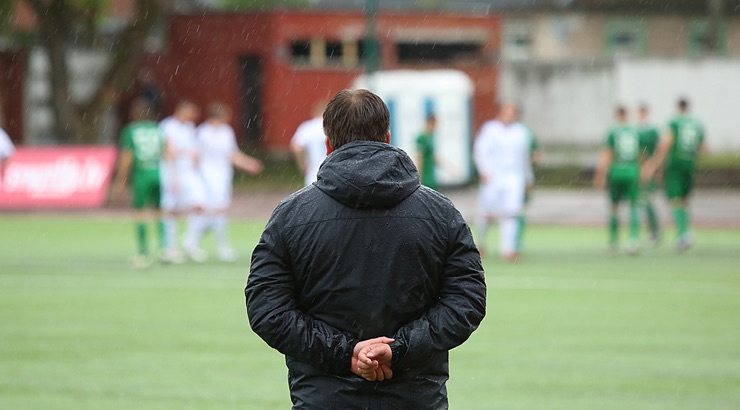
My point here is that I have met and worked with way too many goalkeeper coaches that are overlooking the small details. By doing so, they hinder the development of youth goalkeepers that eventually grow up to be aspiring collegiate athletes. For me, these coaches are taking the easy way out and just like in art school — they are submitting the project when it is “good enough” rather than taking the extra time and energy to make it exceptional.
After several more drills with the club goalkeeper, we then started chatting about what it takes to play in college. I get a lot of questions from young players as they see me not far in experience at only 25.
The best thing that any coach has ever done for me was being able to tell me straight up what I needed to do to get to the next level. Without some of these coaches and mentors in my life, I would have settled for average and would not be anywhere near where I am today.
One of the biggest things I look for in a goalkeeper besides the obvious of keeping the ball out of the net is having a strong presence and being confident in their abilities to play with their feet.
So I asked her if she takes her own goal kicks. She told me that she does not. I then proceeded to ask why not and her answer was, “My coach doesn’t let me.”
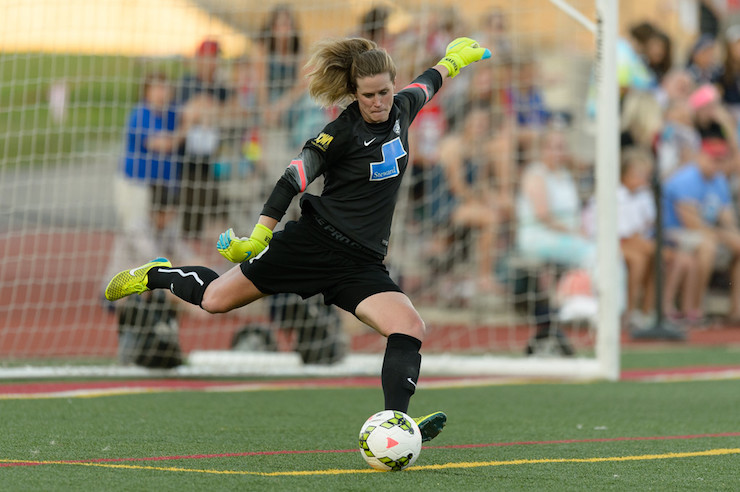
I was outraged when I heard her response and honestly felt bad for her that this coach wanted to win so bad that he was neglecting her development as a player and opportunity to trial and error goal kicks in a game setting. The reason behind her not taking goal kicks was because one of the center backs had a really good kick and that she was “just always the one to do it.”
I was then interested to see some of her goal kicks and went right into a distribution drill. I discovered that her kicks were actually really good!
I later talked to the coach and asked him personally why he does not allow his goalkeeper to take the goal kicks and he gave me the same answer.
Well, my center back is just more consistent.
I told him that as a college coach, if I was walking by a field and saw a defender taking a kick for a goalkeeper, I would continue walking and would not have any interest in that keeper for my team.
I feel as though he is hindering her development and at her age that should be held with higher regard than winning. I asked him if the center back has ever messed up on a kick and he told me, “Well yeah, she shanks some balls, but overall she is much more consistent.”
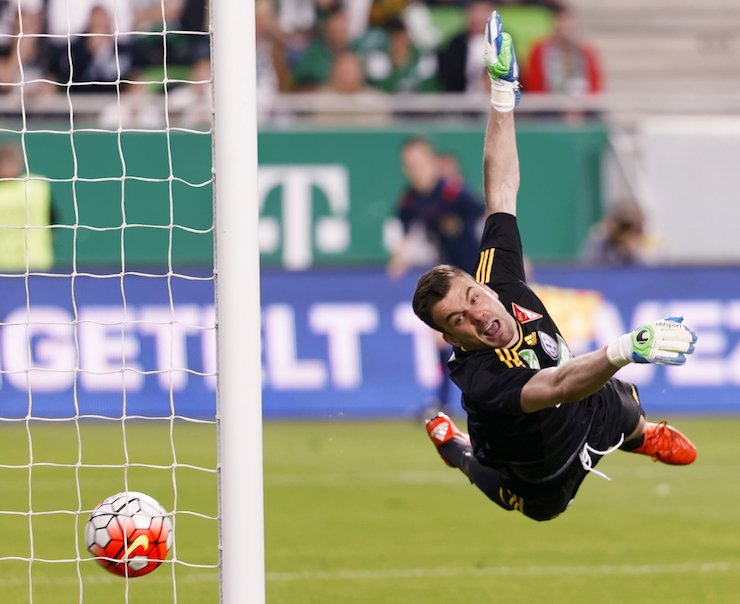
Obviously the center back is more consistent in taking the goal kicks since she is the one always taking them.
If you gave me someone with the exact same age and physical capabilities at basketball and told us to make a basket — but you gave me only three shots out of 20 and gave her the other 17. Clearly, she would be more consistent in making the shots.
Coaches have many different coaching styles and who is to say that one is not better than the other. I am not trying to bash any coaches as I respect everyone in the soccer community and commend anyone that has the confidence to put themselves out there.
I do — however, I want to make everyone slow down for a minute and really think about how they are training goalkeepers and their entire team.
Are you taking the extra time to perfect the small details, or are you settling for average and not pushing your players to the next level?


